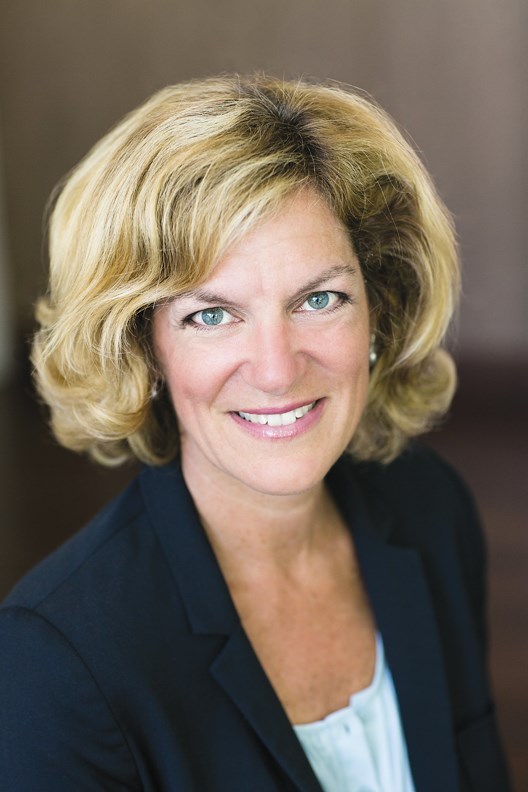A pre-election poll prepared by Insights West shows Liberal candidate and former West Vancouver mayor Pamela Goldsmith-Jones leading in the West Vancouver-Sunshine Coast-Sea-to-Sky federal riding, but just barely.
A tight one per cent margin sits between Goldsmith-Jones and incumbent Conservative MP John Weston, according to poll results released last week. Of the 301 adults Insights canvassed who live in the constituency, 23 per cent said they would vote Liberal, while 22 per cent picked the Conservatives, 19 per cent chose NDP and nine per cent preferred the Green Party.
“In West Vancouver, running a former mayor gives the Liberals credibility and name recognition,” said Mario Canseco, vice-president of public affairs for Insights West, of Goldsmith-Jones’ slim lead.
Which party leader – Thomas Mulcair, Elizabeth May, Stephen Harper or Justin Trudeau – would make the best Prime Minister of Canada was another question on the Insights survey.
In West Vancouver-Sunshine Coast-Sea-to-Sky, Mulcair, at 28 per cent, won the popular vote for preferred prime minister by a four per cent margin over Harper and was trailed by Trudeau at 22 per cent and May at 11 per cent.
The poll, conducted on behalf of environmental group the Dogwood Initiative, also showed that 57 per cent of voters in the constituency disagreed that B.C. would benefit from more oil tankers on the coast.
People should take all the survey results with “a high level of caution,” said UBC political science professor Maxwell Cameron, citing factors such as the federal election still being many months out and the small sample size used.
Chief among Cameron’s issues with the survey is the “massive margin of error” at plus or minus 5.6 percentage points for each riding.
“Meaning you could be off by as much as 10 per cent on any of these questions,” said Cameron, adding that using a sample size closer to 2,000 people would paint a more accurate picture.
Canseco said the 300-respondent sample size is robust enough to issue these early polling numbers, but there are more important factors that Insights considers to get a well-rounded response: polling people that “accurately represent the ridings” in terms of demographics and past voting behaviour.
“You could be talking to 20,000 people, but if all of them are non-voters, or from the same area, or the same gender, it doesn’t matter much,” said Canseco.
Cameron said he suspects the Dogwood Initiative’s motivation with this poll is to try to figure out in the closer ridings who is the best challenger to the Conservatives, which raises the issue of strategic voting.
“Will people be looking at these kinds of polls – whether they are reliable or not – and try to make judgments about who is the best candidate to unseat the incumbent?” said Cameron. “Voting strategically is probably not a good thing to do. People should be voting with their conscience in a tight race.”
When it comes to the oil tanker question, Cameron figures the Dogwood Initiative is anticipating that tankers and pipelines are going to be issues that will hurt the Conservatives in the B.C. ridings.



